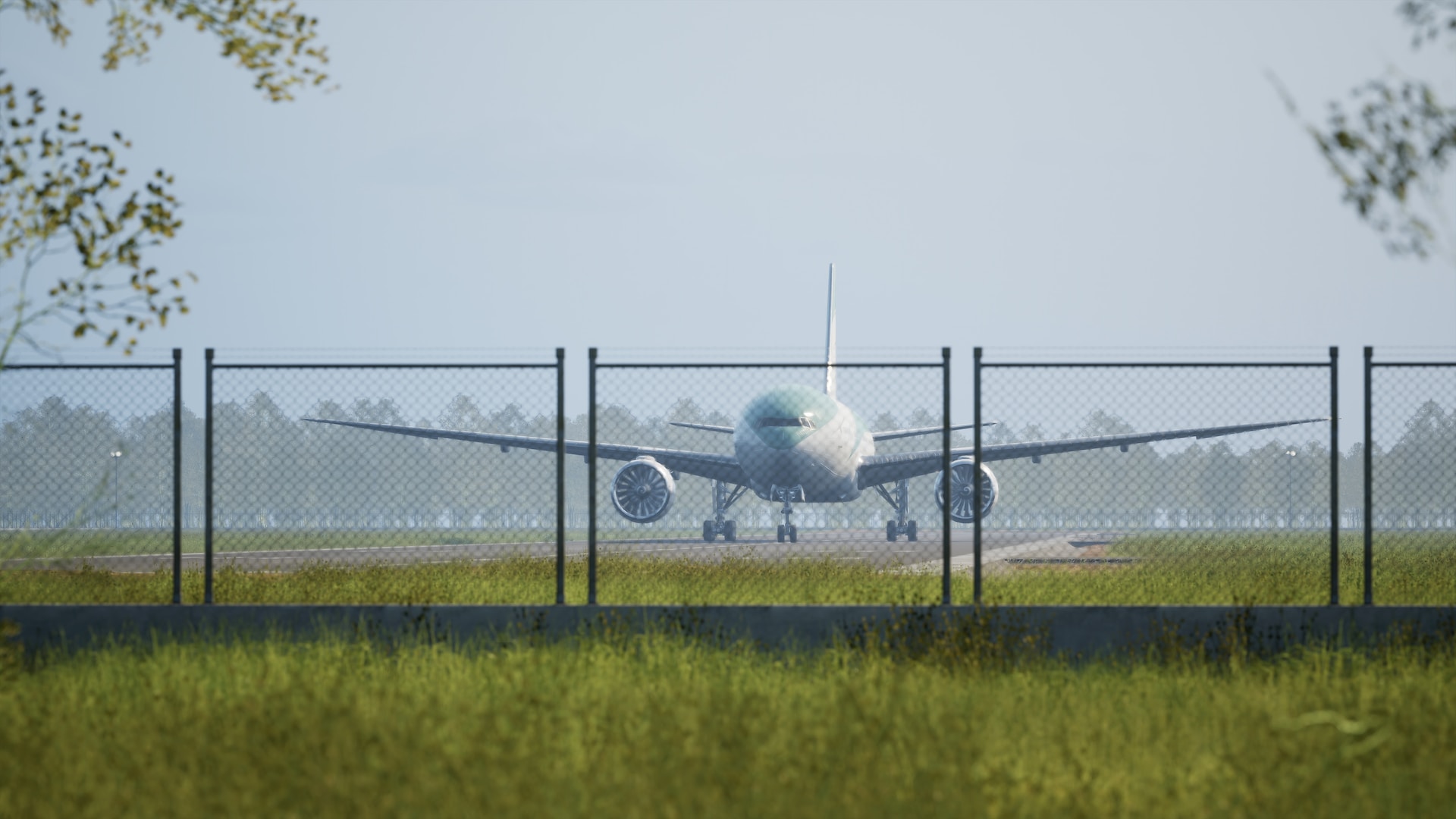
With its exhilarating sense of freedom and exploration, aviation has revolutionized how humans travel and connect with the world. However, amidst the excitement of taking flight, one crucial aspect that should always be noticed is aviation insurance. Skipping on this insurance might seem trivial, but it can lead to unforeseen consequences that could haunt you for a lifetime.
The Allure of the Skies
The idea of soaring through the skies, overlooking vast landscapes and bustling cities, is undeniably captivating. Pilots and passengers share a dream of unrestricted exploration and the thrill of defying gravity. However, the aviation industry has its risks.
Risk Factors in Aviation
Aviation accidents, although rare, can have devastating effects. Factors such as adverse weather conditions, technical malfunctions, and human errors can all contribute to accidents. In such cases, having comprehensive aviation insurance can make all the difference.
The Crucial Role of Airplane Insurance
This insurance serves as a safety net, offering a safeguard against a wide range of risks in relation to flying. From general liability coverage to hull damage, this insurance type is designed to safeguard the aircraft and the passengers and crew on board.
Comprehensive Coverage
One of the critical advantages of this airplane insurance is its comprehensive coverage. It not only includes damage to the aircraft but also extends to cover third-party liability, bodily injury, and property damage. Additionally, it can provide hangar-keepers liability, which protects against damage to aircraft stored or serviced in your hangar. This ensures that all parties involved are financially protected in the event of an accident. For example, if another aircraft is accidentally damaged while in your care, the insurance covers the repair costs, preventing costly out-of-pocket expenses. It also safeguards against legal claims related to property damage. This added layer of protection reinforces the value of comprehensive airplane insurance, making it indispensable for aircraft owners and operators.
Legal Requirements
In many jurisdictions, insurance is mandatory. Operating an aircraft without adequate insurance can result in legal consequences, including fines and even the suspension of flying privileges. Adhering to these regulations is essential for any responsible pilot or aircraft owner.
The Price of Regret
Imagine a scenario where an aviation enthusiast decides to forego insurance to cut costs. The excitement of flying overshadows the thought of potential mishaps. However, one day, the unexpected occurs – a mechanical failure mid-flight. The aircraft is damaged, and worse, there are injuries among the passengers. Without insurance, the financial burden falls squarely on the pilot.
Financial Ruin
Repairing an aircraft can be a substantial financial blow. Additionally, medical expenses and legal fees resulting from injuries can quickly escalate, potentially leading to bankruptcy. What initially seemed like a cost-saving measure becomes a crushing burden that could have been avoided with proper insurance. Moreover, the aviation industry is highly regulated, and any incidents can attract scrutiny from authorities. Without insurance, operators may face fines or sanctions. Insurance also facilitates smoother accident investigations and aids in quicker settlements, ensuring uninterrupted operations and safeguarding your reputation in the aviation community.
The Peace of Mind
This insurance not only provides financial protection but also offers peace of mind. Knowing you are covered in emergencies allows you to enjoy flying without unnecessary worries. It enables you to focus on the journey and the experience rather than being preoccupied with potential risks. Furthermore, insurance often covers aspects beyond just damage or loss. It can protect against passenger liabilities, ground risks, and even legal defense costs. This comprehensive coverage ensures that all facets of your flying adventures, whether commercial or recreational, are safeguarded, offering a holistic safety net for pilots and aircraft owners.
Conclusion
While the allure of aviation is undeniable, the importance of aviation insurance should never be underestimated. Skipping on this crucial safeguard could lead to financial ruin and regret. Investing in comprehensive insurance protects you and ensures a safer and more enjoyable experience in the skies. So, don’t let skipping airplane insurance become your biggest regret – ensure you’re adequately covered before taking off.



